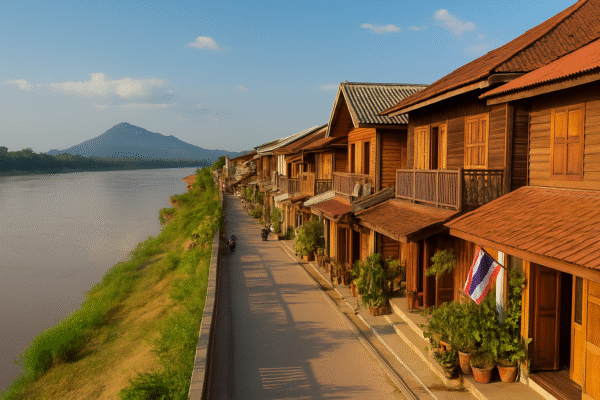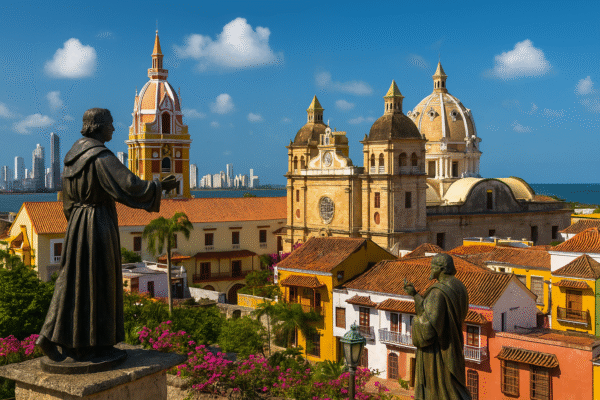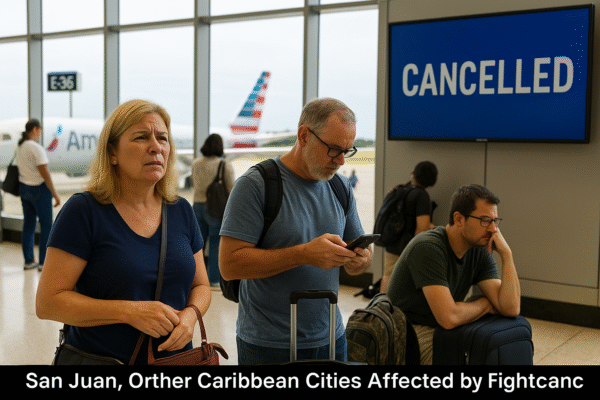In a bold step toward sustainable tourism, Japan has announced a new tourist tax in Okinawa Prefecture, set to take effect in fiscal 2026. Known for its turquoise waters, coral reefs, and vibrant culture, Okinawa has long been one of Japan’s most visited regions. With tourism numbers on the rise, the prefectural government aims to balance the benefits of a booming travel industry with the pressing need to preserve the island’s fragile ecosystems and cultural heritage.
The decision brings Japan in line with global destinations such as Italy, the Netherlands, Bhutan, and the United States, where tourist taxes have become essential tools to safeguard local resources while strengthening community growth.
Details of the Okinawa Tourist Tax
From April 2026, travelers staying in Okinawa will be required to pay an accommodation tax set at 2% of lodging costs. For premium stays, the levy is capped at 2,000 yen (about 14 USD) per night. Importantly, school groups and educational travelers will be exempt, ensuring that learning trips remain accessible for students.
This marks Japan’s first prefecture-level tourist tax, underscoring Okinawa’s pioneering role in shaping the future of responsible travel in the country.
Why Okinawa Needs a Tourist Tax
The introduction of the levy comes at a time when Okinawa is experiencing record-breaking visitor numbers. The recent opening of Junglia Okinawa theme park has significantly boosted both domestic and international tourism. While the surge in travelers brings economic opportunity, it also increases pressure on local infrastructure, natural resources, and the workforce.
The new accommodation tax is expected to generate 7.8 billion yen annually, providing Okinawa with sustainable funding to manage tourism’s impact while enhancing the visitor experience.
Where the Funds Will Go
The revenue from the new tourist tax will be allocated to three key areas:
1. Environmental Protection
Okinawa’s coral reefs, mangrove forests, and white sandy beaches are globally recognized treasures. However, the rise in marine sports, diving tours, and mass tourism has heightened ecological risks. The tax revenue will finance conservation programs, reef restoration, and eco-friendly waste management systems to safeguard these natural assets.
2. Support for Tourism Workers
Tourism is the backbone of Okinawa’s economy, but it often faces seasonal employment challenges. Funds will go toward workforce training, improving working conditions, and ensuring that the tourism sector remains resilient, stable, and fair for local communities.
3. Marine Recreation Safety
As a destination famous for diving, snorkeling, and kayaking, safety in marine activities is a growing priority. Investments will include upgrading emergency response systems, enhancing lifeguard training, and improving safety measures in popular coastal and underwater destinations.
A Global Movement Toward Sustainable Tourism
Okinawa’s decision aligns with a broader international shift toward eco-friendly tourism practices.
- Europe: Amsterdam applies a 12.5% hotel tax plus a nightly fee to manage overtourism. Rome and Venice charge per-night levies that support cultural heritage preservation. Berlin and Barcelona also rely on similar taxes to fund public services and cultural projects.
- Asia: Bhutan is unique with its $100 per day Sustainable Development Fee, promoting “high-value, low-impact” tourism. Bali recently added a $9 visitor tax to fund conservation and infrastructure. Thailand plans to implement a 300 baht entry fee for air travelers to enhance eco-tourism.
- Americas: Many U.S. cities impose hotel taxes, with Houston collecting up to 17%. Caribbean destinations like Barbados levy nearly 9% on accommodations to strengthen tourism development and community welfare.
By joining this trend, Okinawa demonstrates that sustainable travel requires contributions from both visitors and host communities.
Impact on Travelers
For most visitors, the additional cost will be modest compared to the overall expenses of a trip to Okinawa. However, the benefits are substantial.
- Enhanced Experiences: Travelers can enjoy cleaner beaches, safer marine activities, and improved facilities funded by the tax.
- Cultural Preservation: Funds will ensure that Okinawa’s cultural traditions, festivals, and historical sites remain protected.
- Shared Responsibility: By paying the tax, visitors actively contribute to maintaining Okinawa’s long-term beauty and hospitality.
Rather than viewing it as an added burden, tourists are encouraged to see the levy as an investment in the sustainability of their travel destination.
Looking Ahead: The Future of Tourism in Okinawa
With its unique blend of Japanese, Chinese, and Ryukyuan influences, Okinawa stands out as one of Asia’s most captivating destinations. By introducing the tourist tax, the region is not only protecting its fragile environment but also ensuring that future generations can continue to explore its beaches, reefs, and heritage sites.
The initiative is also expected to inspire other Japanese prefectures to consider similar policies, particularly in areas where tourism growth is placing increasing pressure on infrastructure and ecosystems.
Final Thoughts
The Okinawa tourist tax represents a new era in Japan’s approach to sustainable travel. By striking a balance between economic growth and environmental stewardship, the region is positioning itself as a leader in responsible tourism. For travelers, this means that every stay contributes not only to personal experiences but also to the preservation of Okinawa’s natural beauty and cultural identity.
As the world moves toward eco-conscious travel, measures like these highlight the importance of shared responsibility. Okinawa’s initiative is a reminder that tourism can be both rewarding and sustainable—if managed with care, foresight, and cooperation.
For more travel news like this, keep reading Global Travel Wire


















